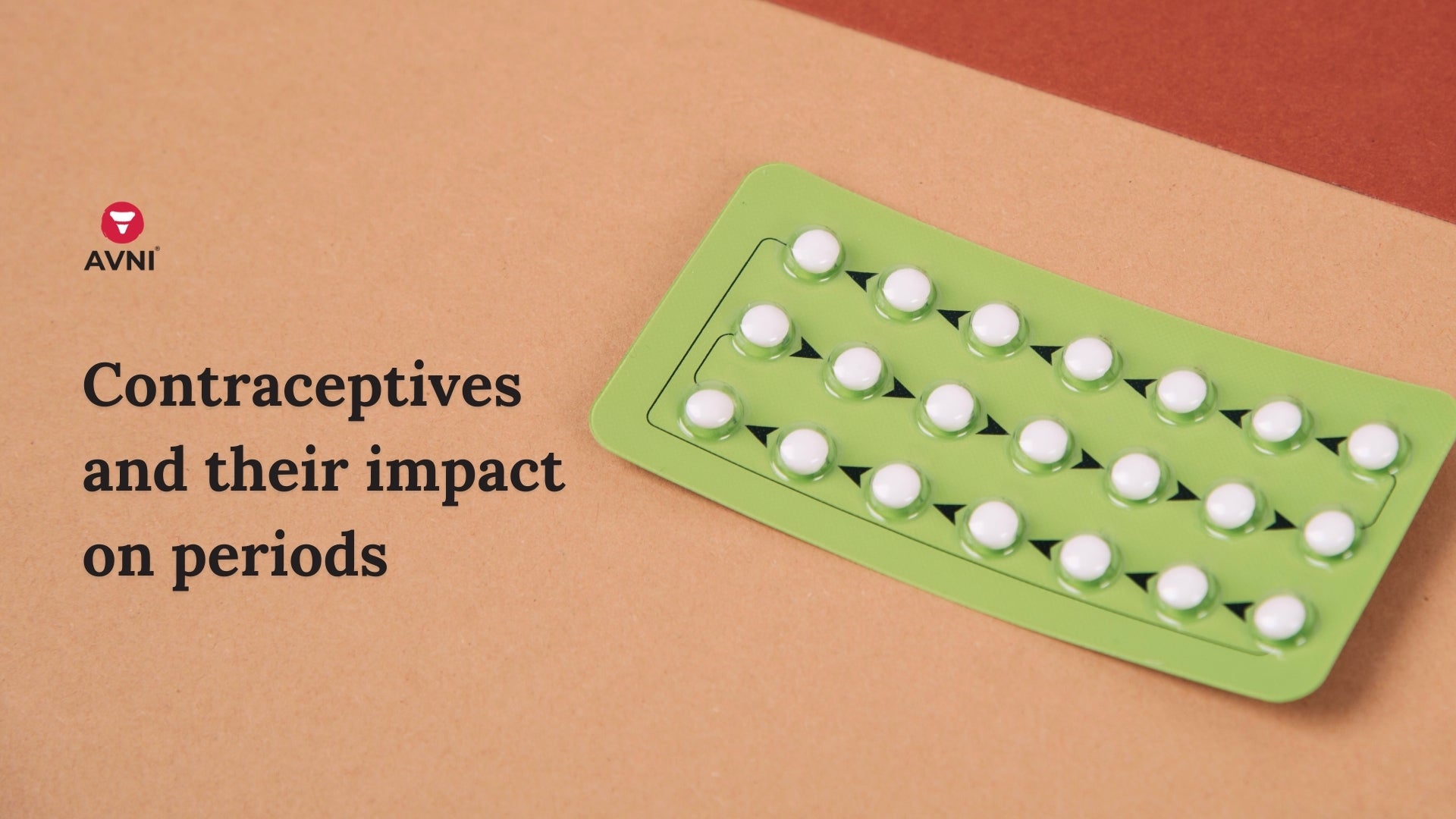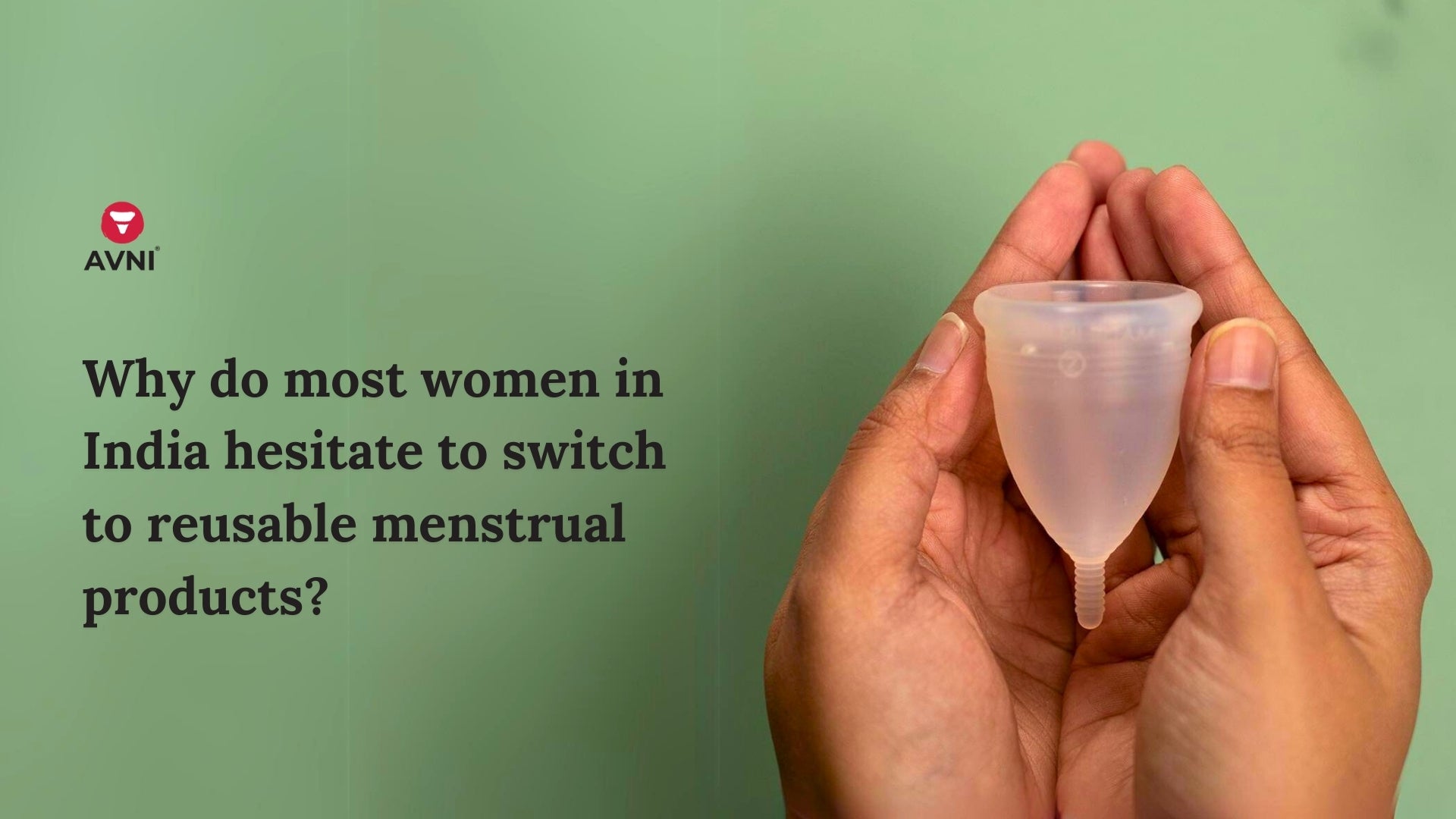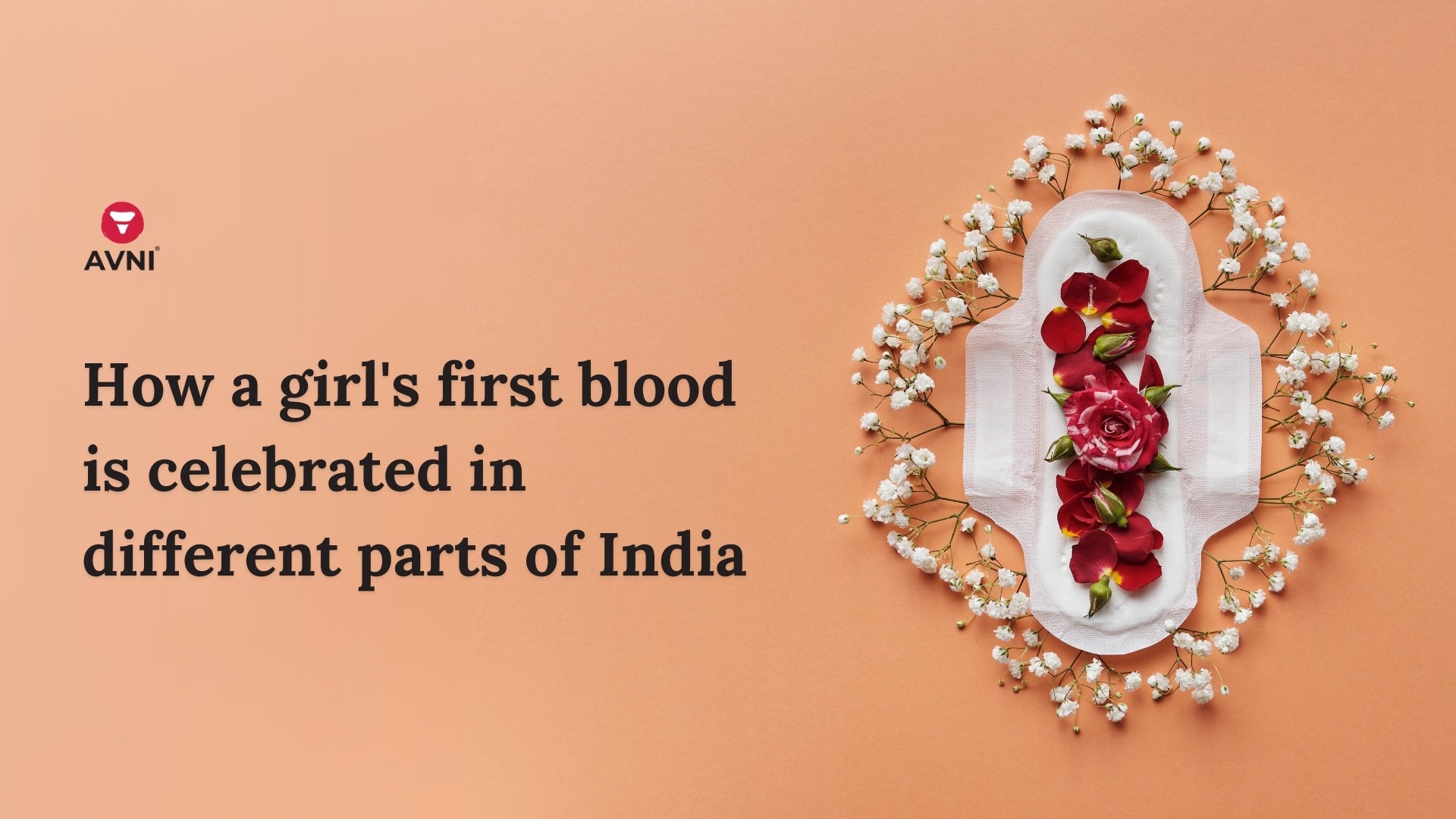
Contraceptives and their impact on periods
Nearly every woman thinks about contraceptives or birth control techniques to avoid unwanted consequences. Within the process, what gets affected the most is the menstruation cycle. The factors that affect periods are directly related to hormonal contraceptives.
While some menstruators notice irregularities in bleeding, others may experience changes in the duration of the menstrual cycle. There may be prolonged bleeding or in some cases, bleeding may stop completely.
Contraceptive side effects are common and last for a few months. However, researchers say that menstruators tend to discontinue the use of contraceptives after identifying changes in their bleeding patterns.
Let's discuss the different contraceptive measures and how they affect the bleeding patterns in a menstruators body. Note that every individual is different and the experiences vary from one person to another.

The Pills
We have seen the ads for these little pills pop up every now and then. These are birth control pills, available in two forms - combination pills and mini pills. The former contains both the progestin and estrogen hormones to stop ovulation and embryo implantation.
It thickens the cervical mucus and thins the uterus lining.
Consumption of combination pills helps in relieving cramps and PMS followed by light bleeding between periods. The irregular bleeding might go away with time.
On the contrary, mini pills use progestin hormone only to stop ovulation, which works in a delayed pattern if compared to combination pills. Irregular bleeding and spotting is more frequent with the intake of mini pills. Consistency is the key when you are taking pills as a contraceptive measure. Any delay in their intake directly affects the bleeding.
Stating facts-
While using combination pills in the first three months, users average 3 to 7 total days of bleeding or spotting (including expected withdrawal bleeding). Bleeding days may decrease to about 3 to 5 within the first year of use.
Users taking mini pills experience an average of 6 to 12 total bleeding and spotting days in the first three months of use. After the first year of use, bleeding and spotting days decrease to between 4 to 9 (1).
Intrauterine Devices (IUDs)
Unlike pills, the intake of which cannot be undone, IUDs are the most favored contraceptive measures. An IUD is a small device that is inserted into your uterus and is proven helpful in preventing pregnancy for nearly 12 years.
Why are they most favored? Because these devices provide long-lasting contraception and can be taken out of your uterus. Most importantly, the placement and retrieval of these devices can only be done by a medical provider.
IUDs are of two kinds- Copper IUDs and hormonal IUDs.
Copper IUD is a hormone-free contraceptive that is placed in your uterus to create an unlikely rather harmful environment for the sperm that stops it from reaching the egg and fertilizing it. Implantation of this device does not interfere with your menstrual cycle and your body ovulates in regular behavior. Its side effects, however, include heavy bleeding, painful cramps, and spotting.
A hormonal IUD is a progestin-based device that releases progestin hormone to thicken cervical mucus and thin the uterus lining. This blocks the entry of sperm into the uterus and stops egg fertilization. This device interferes with the menstrual cycle, causing irregular periods and spotting.
Stating facts -
A research study states that IUDs are the most effective contraceptive method. For instance - hormonal contraception is effective for managing heavy menstrual bleeding. Many studies report that bleeding decreases by more than 90% over the course of a year (2).
Vaginal Ring
Vaginal rings are small circular, ring-like devices that are placed inside the vagina to stop ovulation. A vaginal ring releases progestin and estrogen hormones that thicken cervical mucus and thin the endometrial lining as well. It works just like combination pills, the exception being that the hormones travel through the vaginal tissues.
These rings allow for periods to occur as they are changed after three weeks. Normally, menstruators prefer one week for periods to occur to be sure of not being pregnant. If you decide to have no skip, your doctor can place a new ring right after the previous one is removed. It is always advised to discuss your preferences with your doctor. On the side effects panel, one might experience irregular bleeding and spotting, which lessens over time and stops eventually.
Stating facts-
Reports suggest that 1 in 10 users experience heavy bleeding or spotting during the first cycle. Another research states that less than 1 in 10 users stop using this method within one year of use. We can safely say that this is one of the most effective contraceptive methods(3).
The Patch, the Shot & the Implant
Some of the other contraceptive methods include the patch, shot, and implant.
The patch is directly placed on the skin where it releases progestin and estrogen hormones that travel from the skin into the bloodstream, hence no pregnancy. A patch is used once a week for three weeks. Post three weeks, you can skip one week for periods to occur. Using a patch regulates periods and helps in relieving cramps. Spotting during the initial days is common.
Birth control shots are hormone progestin injections that protect against unwanted pregnancy for up to three months. Post the date, you need another dose of injection. These shots blocks sperm entry by thickening cervical mucus. While the period cycle is interrupted, they occur irregularly with unpredictable bleeding. On stopping the usage, periods occur normally. It is noted that 50% of menstruators experience complete nonoccurrence of menstruation after a year.
The Implant is a small plastic rod that is medically placed in the upper arm. Progestin hormone-based rod, this implant stops ovulation and prevents pregnancy for up to three years. Post this time, it is removed and a new one is placed. The catch here is the implants can be unpredictable. Both the bleeding frequency and duration of the period cycle vary. A study by FDA suggests 10% of menstruators stop using implants after identifying changes in bleeding patterns.
Contraceptive methods are effective and vary from one another at different levels. Some provide a birth control safe window for the desired time, while others give a longer pregnancy-free duration for a longer time. Whatever birth control medium you chose, be ready to experience hormonal changes for a few months. Irregular bleeding and menstruation are normal, but if any side effect prevails for longer than usual, seek medical attention immediately. Be sure you have thorough knowledge and understanding of the contraceptive measure you use and make an informed decision.
References
- Bachmann G, Korner P. Bleeding patterns associated with oral contraceptive use: a review of the literature.
- Lethaby A, Hussain M, Rishworth JR, Rees MC. Progesterone or progestogen‐releasing intrauterine systems for heavy menstrual bleeding.
- Brache V, Faundes A. Contraceptive vaginal rings: a review.



Leave a comment
This site is protected by hCaptcha and the hCaptcha Privacy Policy and Terms of Service apply.